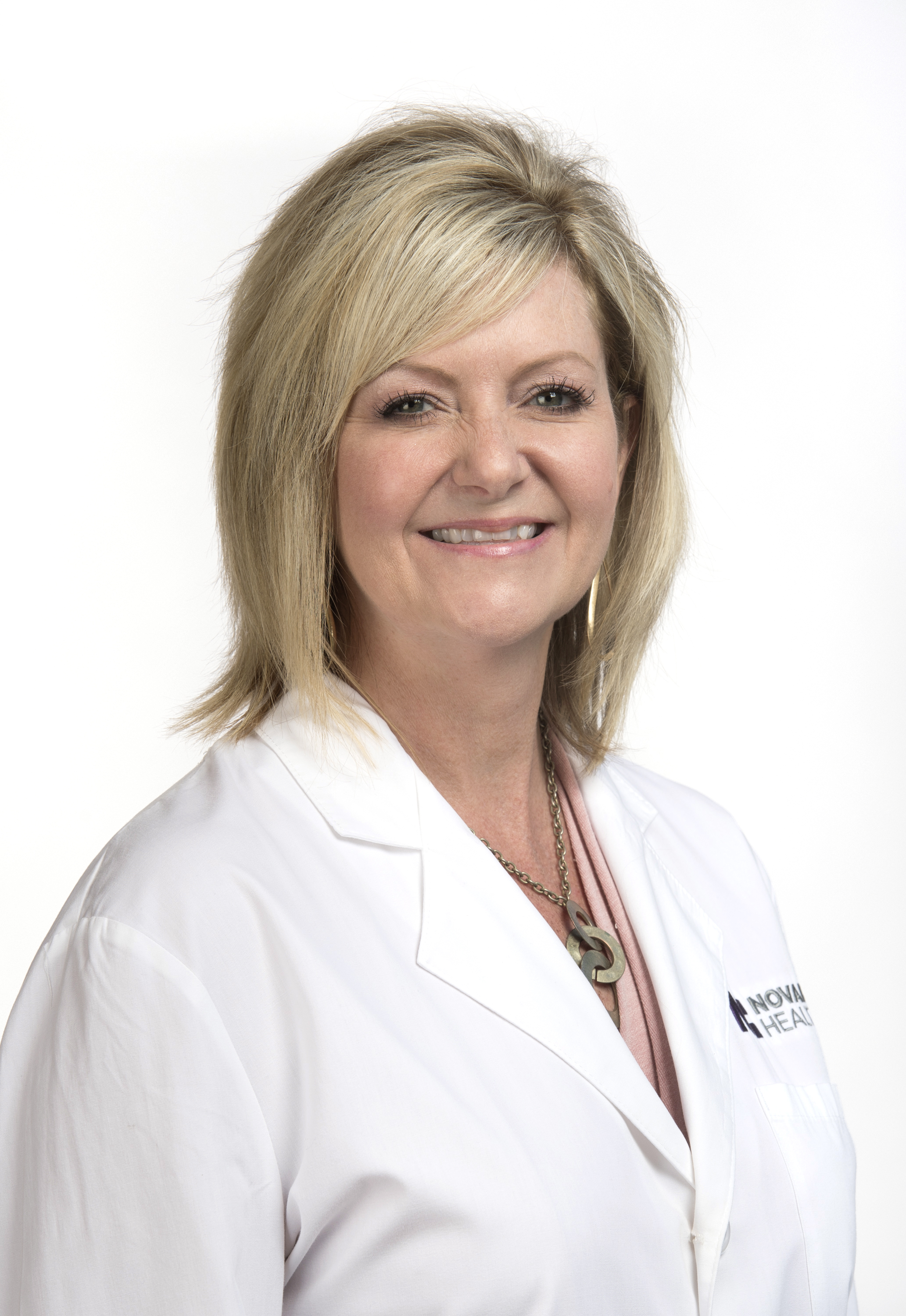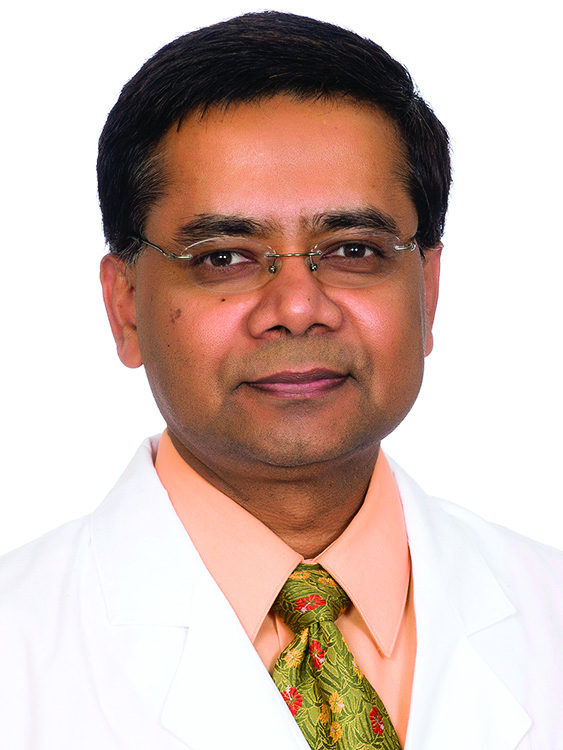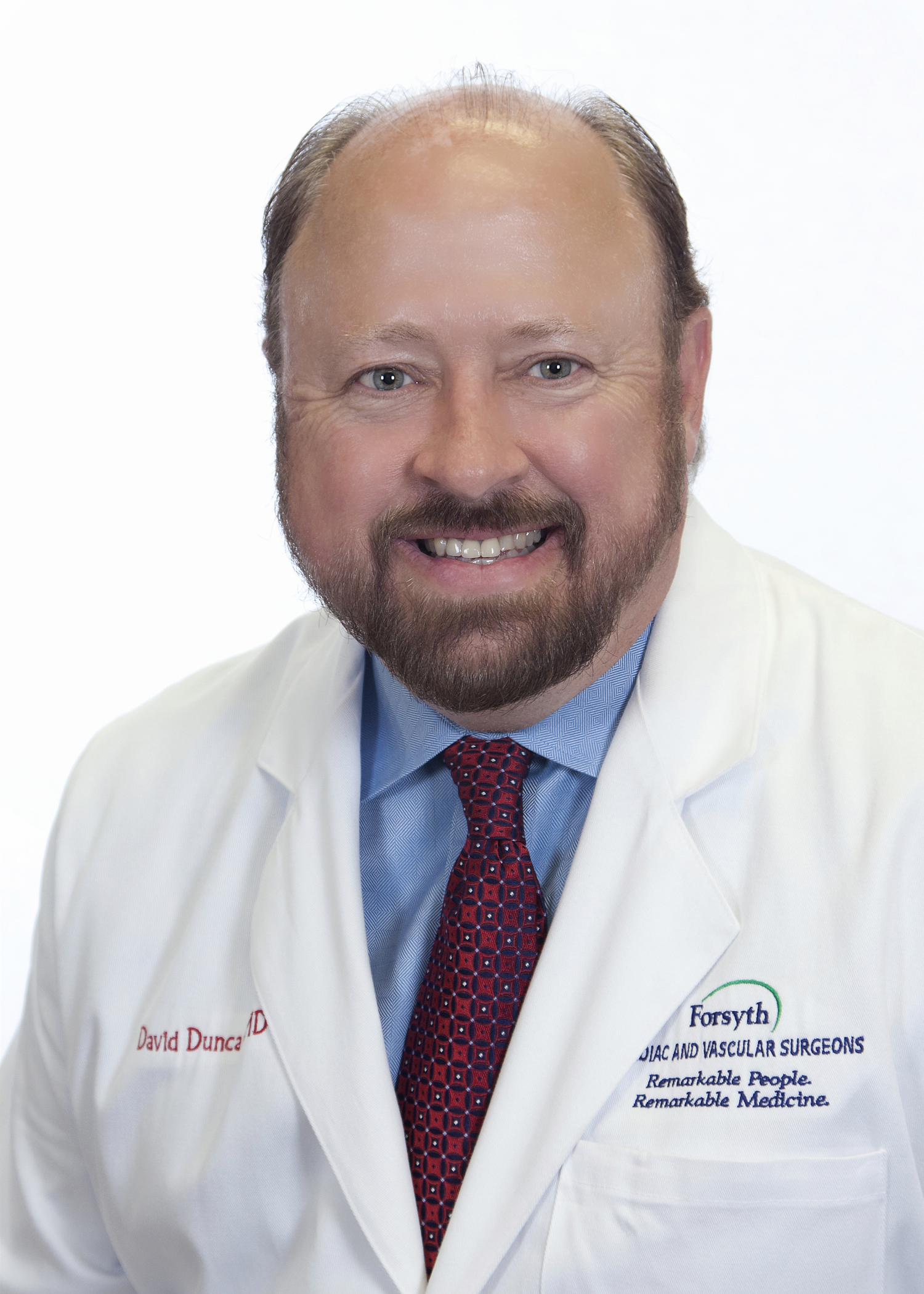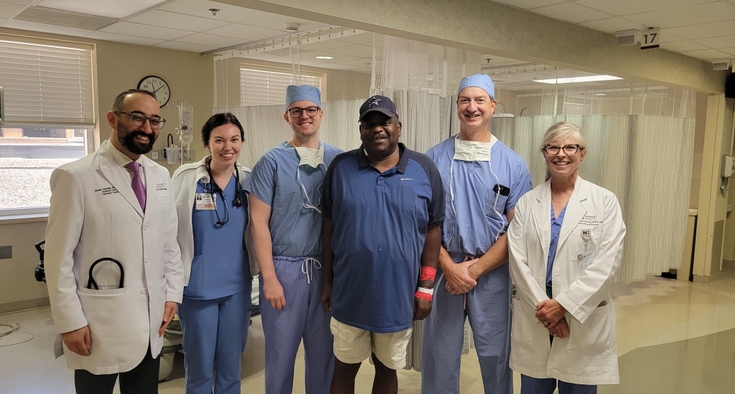Trey Strickland has heart disease on both sides of his family.
His parents, Lisa and Joey Strickland, both had triple bypasses – his mom in 2022 and his dad about a decade prior. His maternal grandparents both had heart disease, as did his paternal grandfather.

So, the 35-year-old Thomasville resident and security industry worker has long been aware of his own propensity for the same. He relies on his primary care provider, Patty Williams, a family nurse practitioner with Novant Health Yadkin Medical Associates in Yadkinville, just as his mom does and his late father did. Williams joined Novant Health in 2015, but her relationship with the Stricklands goes back farther than that.
Through medication and an active lifestyle, Strickland does what he can to mitigate his genetics. He’s been on blood pressure and cholesterol medicine Williams prescribed. He said, “I watch my diet and try to stay active. I’m not a gym person, but I love the outdoors. I love to hike, fish and hunt.”
Take the first step in improving your heart health.
A couple of years ago, Strickland began having a burning sensation in his chest. Just heartburn, he hoped. (He has acid reflux, which can cause heartburn.) He went to see Williams about it, and she suggested he have tests done, but he didn’t have insurance at the time and chose not to.
“I could see the same patterns in Trey I’d seen in his parents,” she said. “His triglycerides and blood sugars were elevated. I encouraged him to be aggressive with treatment.”
Strickland wanted to be aggressive, too. But without health insurance, that wasn’t an option.
Williams prescribed Pantoprazole for heartburn, which improved Strickland’s symptoms for a time. But they came back a year later.
He went back to Williams, who said she could switch his heartburn medication – but first, he’d need those tests she’d mentioned.
This time, Strickland took the expert advice. “The more I thought about it – and thought of my wife and kids – the more I realized it was the right thing to do,” he said. “Now, I’m so glad I did it before things got worse.”
Start with your primary care physician
Strickland’s health concerns – and how Williams handled them – illustrate the importance of regular check-ups. He knew about his family history, but was reluctant to learn anything “bad” that testing may have revealed. It was Williams’ “tough love” that convinced him.
“She told me: ‘If we catch this and address it, your outcome will be a lot better than your dad’s,” he said, “because you don’t – yet – have the damage he did.’ She definitely pushed me.”
Williams loves taking care of entire families. “Being in family practice allows me to take care of multiple generations,” she said. “It’s a big advantage to know firsthand about a patient’s family history.”

Williams referred her patient to Dr. Asif Wahid of Novant Health Cardiology - Thomasville, who ordered an electrocardiogram, echocardiogram and stress test. Those tests showed some weakening in the heart wall. The next order of business was a catheterization on Dec. 5, 2024.
“I went in thinking I might need stents,” Strickland said. “But I found out I needed triple bypass.” (He wasn’t off base in thinking about a stent. But he had too many blocked arteries for a stent to be effective.)
The news was “kind of scary, but at the same time, I was glad they found something they could fix,” he said.
“I’d always told my wife that I had hoped to break my family’s cycle of heart disease, but you can’t escape your family history. I may not be able to break the cycle, but I can take steps to prevent the damage my grandpa and dad had prior to their surgery.”
A family affair

Dr. David Duncan is a cardiothoracic surgeon who operated on both of Strickland’s parents at Novant Health Forsyth Medical Center. Strickland remembered Duncan’s name – the surgeon had made an impression – and asked someone in the cath lab if he could request Duncan perform his bypass.
In more than 33 years of practice, Duncan has operated on family members many times – and on a parent and child about 10 times. He performs around 300 cardiac surgeries every year, but only one or two of those each year will be on someone as young as Strickland.
“Trey’s case shows the importance of genetics,” Duncan explained. “You can’t alter what you’ve been given, but you can pay attention to your body. Get tested. Get treated.”
The day after Strickland’s catheterization, Duncan performed bypass surgery, much to Strickland’s relief, since his family would not be caught in a waiting-and-worrying cycle.
“It felt familiar,” Strickland said. “I already knew the surgeon and trusted him – but everyone there was phenomenal.”
He had saved some vacation days to take at the holidays but moved them up and used them for his recovery. “Dr. Duncan assured me I’d be home by Christmas,” he said. “He was right. I had surgery on Dec. 6 and came home Dec. 10.”
After such a health scare, Strickland got lucky that surgery was, according to Duncan, “uneventful.”
Best doctors. Amazing nurses. Remarkable care.
‘Just get the tests’
Strickland is a changed man. This wake-up call altered his perspective. “I’m now telling others: I fought my symptoms for a while, but it’s better to just get the tests and prevent any serious damage from being done. I could’ve had a heart attack – buy I didn’t. I had a much better outcome than if I had a heart attack.”
Strickland now relishes playing basketball with his kids – a son who’s 14 and daughter who’s 12 – and volleyball with his daughter. He wasn’t always able to. “I used to see the worry on my kids’ faces when I’d have to tell them: ‘Daddy can’t go,’” he said. “To have an active life with them is such a relief.”
He’s been symptom-free since surgery. He’s back to walking, driving, going to his kids’ games – “but not doing anything crazy,” he said.
Duncan applauds his patient for recognizing the severity of his hereditary condition and being proactive in protecting himself. “It’s not just heart disease that kills you,” he said. “It’s having heart disease and not knowing it. Awareness is always the first step.”
Williams agrees. “Keeping his blood pressure and cholesterol controlled will be a lifelong process,” she said. “He’ll have to work harder than people who don’t have his family history. He doesn’t have the luxury of cheating or falling off the wagon. He needs to be astute about his health.”
Strickland is being astute. He’s still on cholesterol medicine and takes an aspirin a day for his heart, although he’s been able to come off blood pressure medicine. He monitors his blood pressure at home. One recently reading was a stellar 111/76. Sometimes, when he’s checking his blood pressure, the kids will see and ask if they can check theirs, too. Strickland has made sure they know about their family health history.
“I don’t want to keep them from being kids, but I do want them to know there are things we have to watch out for that other people don’t necessarily have to,” he said.
Family history is inescapable. But it’s not insurmountable. Strickland wants people to know they need to know their family history – but not consider it a prophecy. “Mitigate what you can,” he said. “Don’t ignore it. Do something about it before there’s damage that can’t be fixed.”













